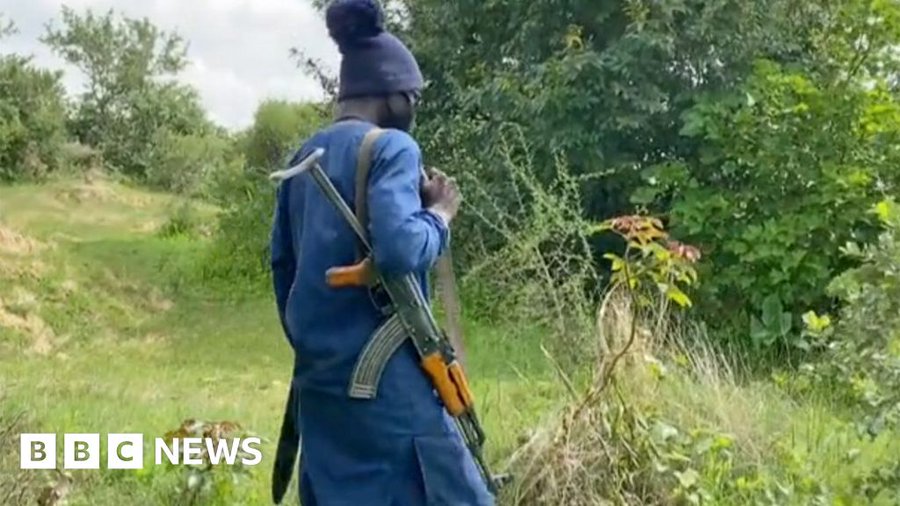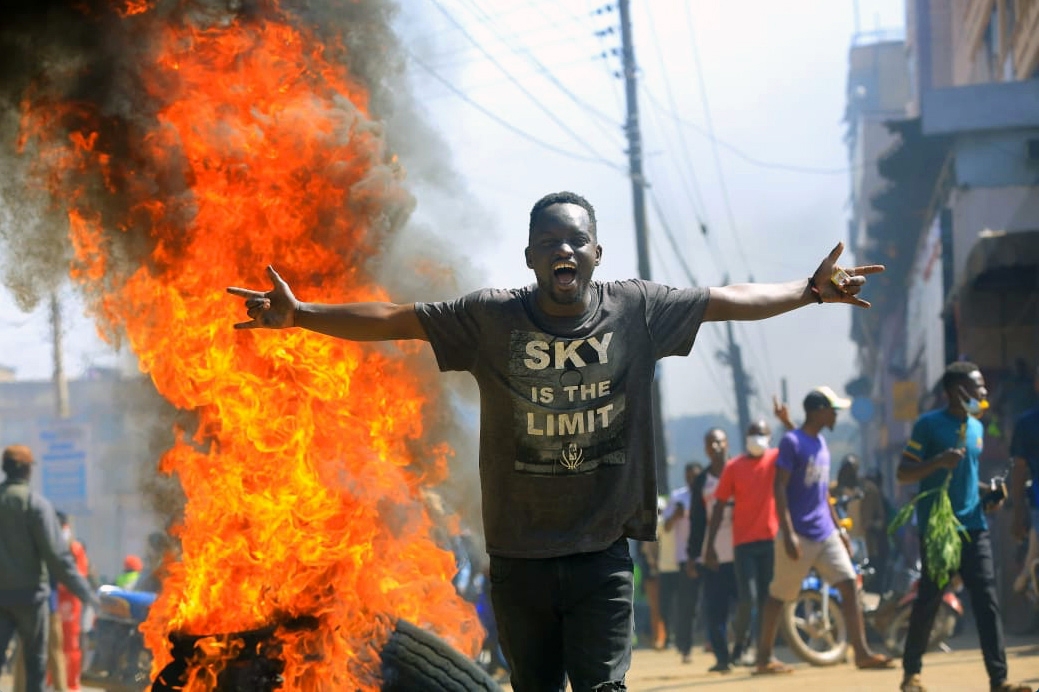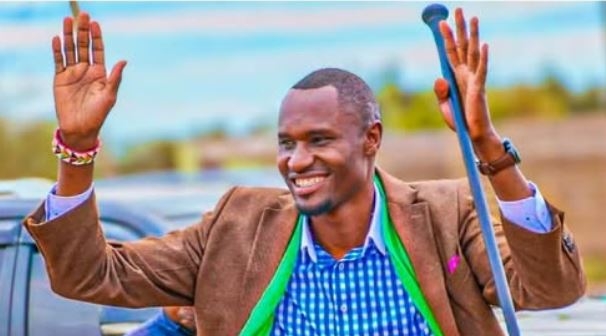
Nigeria is currently grappling with a spate of mass abductions. But the vast country - bigger than France and Germany combined - also faces many other security challenges.
Recent attempts by US President Donald Trump and his supporters to frame the insecurity purely as the persecution of Christians overlooks the complexity of Africa's most-populous nation.
There are more than 250 ethnic groups in Nigeria, which is roughly divided into a mainly Muslim north, a largely Christian south, with intermingling in the middle - and the government says people of all faiths have been victims of attacks.
There are criminal gangs in the north-west, an Islamist insurgency in the north-east, clashes over land in central regions and separatist unrest in the south-east - leaving the 400,000-strong army and the police force of 370,000 officers overstretched.
Here's a breakdown of the main armed groups and flashpoints:
'Bandits' - kidnap gangs
These criminal gangs, known locally as "bandits", are largely composed of people from the Fulani ethnic group, who traditionally make their living by raising animals. They have traded their pastoral tools for assault rifles, which have flooded Nigeria - and other states in the region - since Libya descended into anarchy following the overthrow in 2011 of long-time strongman Muammar Gadaffi by Nato-backed forces.
The gangs are not known to be motivated by any religious or political ideology, but see kidnapping people for ransom as a quick and easy way to make money rather than walking for miles with their livestock in search of water and grazing land.
They typically move in large numbers on motorcycles, which makes them highly mobile and allows them to strike quickly and escape before the security forces can respond - a tactic used during two recent school abductions.
There is no centrally organised leadership - each gang, often drawn from one family or a specific community, tends to be loyal to its own leader. The police have placed bounties on some of the notable leaders, including Ado Aleru and Bello Turji, and in 2022 the government designated the bandits as "terrorists" in a bid to stem their violence.
Aleru is from Yankuzo town - an area in the north-western state of Zamfara which has been a hub for bandit activity over the last three years.
The gangs, which sometimes fight one another, also travel to neighbouring states and central regions to carry out kidnappings. They also prey on their local communities and are indiscriminate in their ransom demands. In some areas, they tax residents.
Younger bandits, some in their teens, are increasingly taking to TikTok to show off their ransom money, guns and motorcycles - and have garnered thousands of followers.
Boko Haram - jihadist group
This Islamist militant group became infamous around the world in 2014 for kidnapping more than 200 schoolgirls from the village of Chibok - around 90 of whom remain missing.
It evolved from a local Islamist sect founded in 2002 by Mohammed Yusuf in the north-eastern city of Maiduguri with the official name of Jama'atu Ahlis Sunna Lidda'awati wal-Jihad and a political goal of creating an Islamic state. Local residents dubbed it Boko Haram - a name which in the Hausa language loosely translates as "Western education is forbidden" because of their opposition to Western-style schools.
Its full-blown insurgency was triggered in 2009 by the killing of Yusuf who had been taken into police custody after Boko Haram clashed with the security forces.
At one point under its new leader, Abubakar Shekau, Boko Haram controlled large swathes of territory in Nigeria's north-east - and appointed "emirs" to administer some areas.
The Chibok girls were only a small fraction of the many thousands of women and children taken into captivity and forced into sexual slavery, domestic servitude or used as suicide bombers by the militants.
Boko Haram then split into rival factions. After the death of Shekau four years ago, its strength has diminished, however it still conducts regular attacks on both civilians and security forces.
Boko Haram has spawned a range of groups that use kidnapping to raise funds, focusing on soft targets such as schools, churches, mosques and remote villages where paved roads and bridges are either inadequate or absent.

















